Low blood pressure, also known as hypotension, occurs when the force of blood against the walls of arteries is too low. While high blood pressure is often talked about as a significant health concern, low blood pressure can also cause problems, including impacts on our eyes.
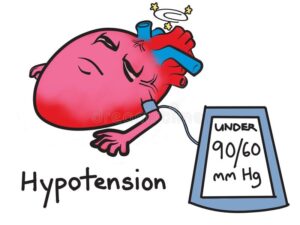
Low blood pressure can cause a variety of symptoms, including dizziness, fainting, fatigue, and blurred vision. When the blood pressure drops, less blood flows to the eyes, which can result in a lack of oxygen and nutrients. This can cause blurry vision or temporary loss of vision. In some cases, low blood pressure can cause damage to the optic nerve, leading to permanent vision loss.
In addition to vision problems, low blood pressure can also cause dry eyes. Tears are made up of water, oil, and mucus, and they help to lubricate and protect the eyes. When blood pressure is low, tear production can decrease, causing dry eyes. Dry eyes can be uncomfortable and can cause redness, itching, and a feeling of grittiness in the eyes.
Low blood pressure can also affect the retina, which is the part of the eye that is responsible for capturing images and sending them to the brain. When blood pressure is low, the blood vessels in the retina may narrow, reducing the amount of oxygen and nutrients that reach the retina. This can cause damage to the retina, leading to vision problems or even blindness.
If you experience low blood pressure and notice changes in your vision, it is important to speak with your doctor. They may recommend lifestyle changes, such as increasing your salt intake or staying hydrated, or prescribe medication to help regulate your blood pressure.
In addition to working with your doctor, there are several things you can do to protect your eyes if you have low blood pressure. These include:
Resting frequently: If you feel dizzy or lightheaded, sit or lie down until you feel better.
Staying hydrated: Drinking plenty of water can help keep your blood pressure stable.
Eating a healthy diet: A diet that is rich in fruits, vegetables, and lean protein can help keep your blood pressure in a healthy range.
Taking breaks from screens: If you spend a lot of time looking at screens, take regular breaks to rest your eyes and reduce strain.
Protecting your eyes from the sun: Wear sunglasses when you are outside to protect your eyes from UV rays.
Other than that, consuming some caffeines and wearing compression socks or pants would also help in alleviating low blood pressure.
In conclusion, low blood pressure can have a significant impact on our eyes, causing vision problems and even permanent damage to the retina. If you experience low blood pressure and notice changes in your vision, it is important to speak with your doctor to determine the best course of treatment. Additionally, taking steps to protect your eyes can help prevent further damage and keep your eyes healthy.
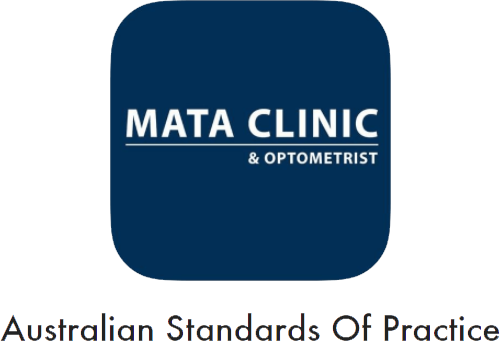
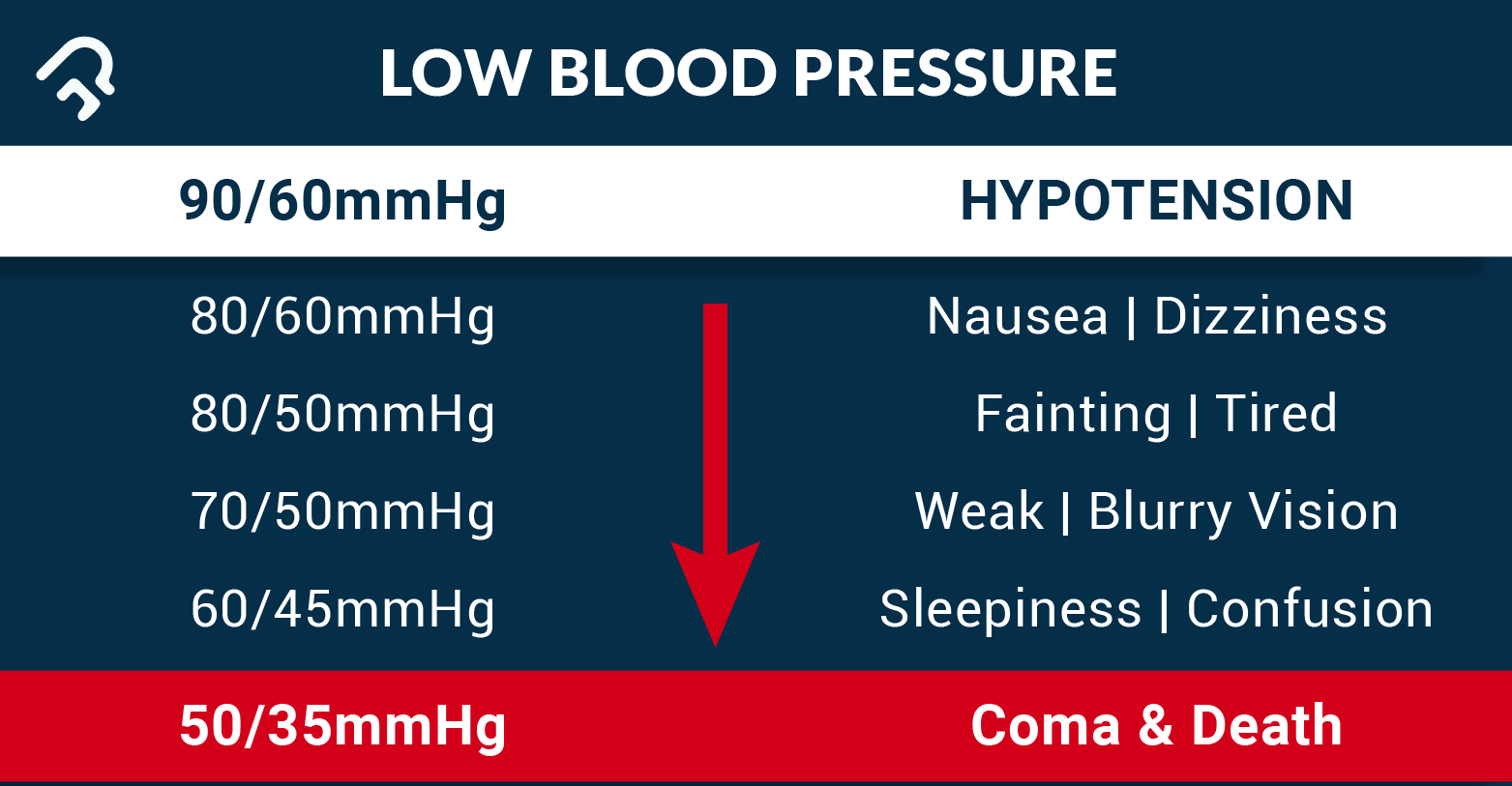
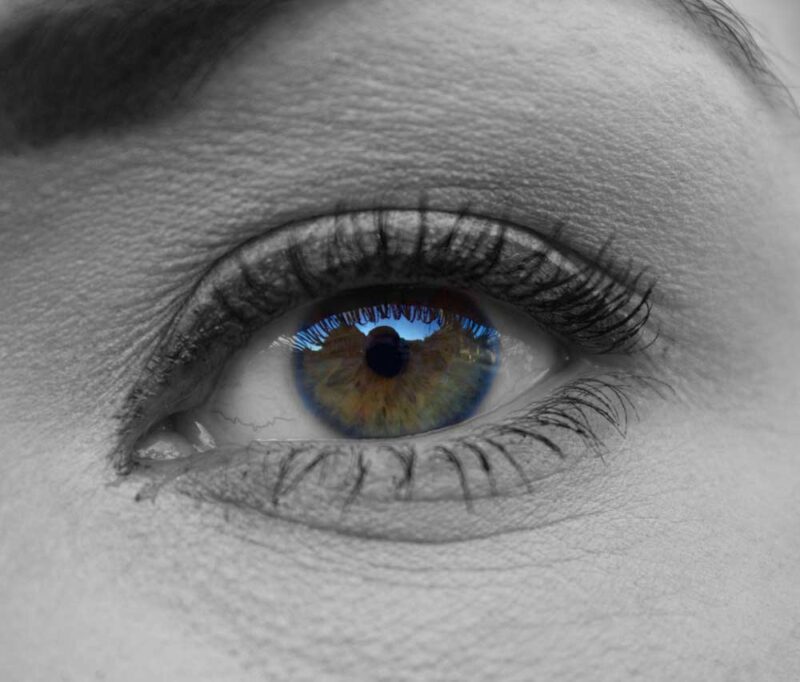

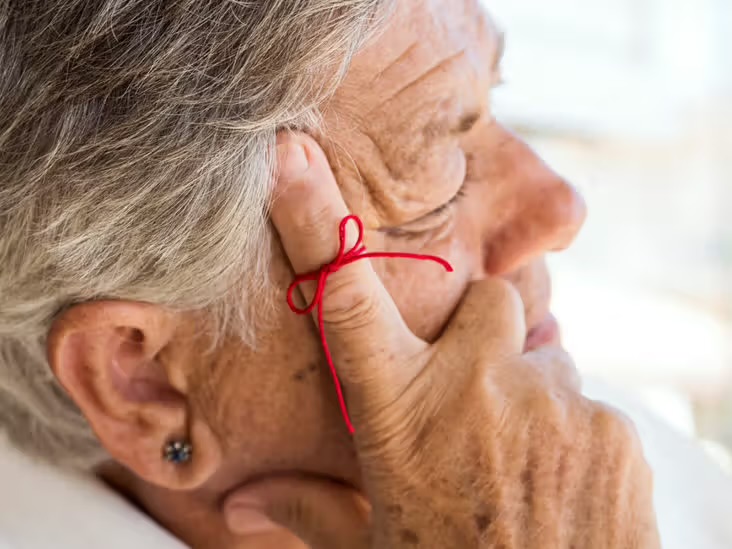

Recent Comments